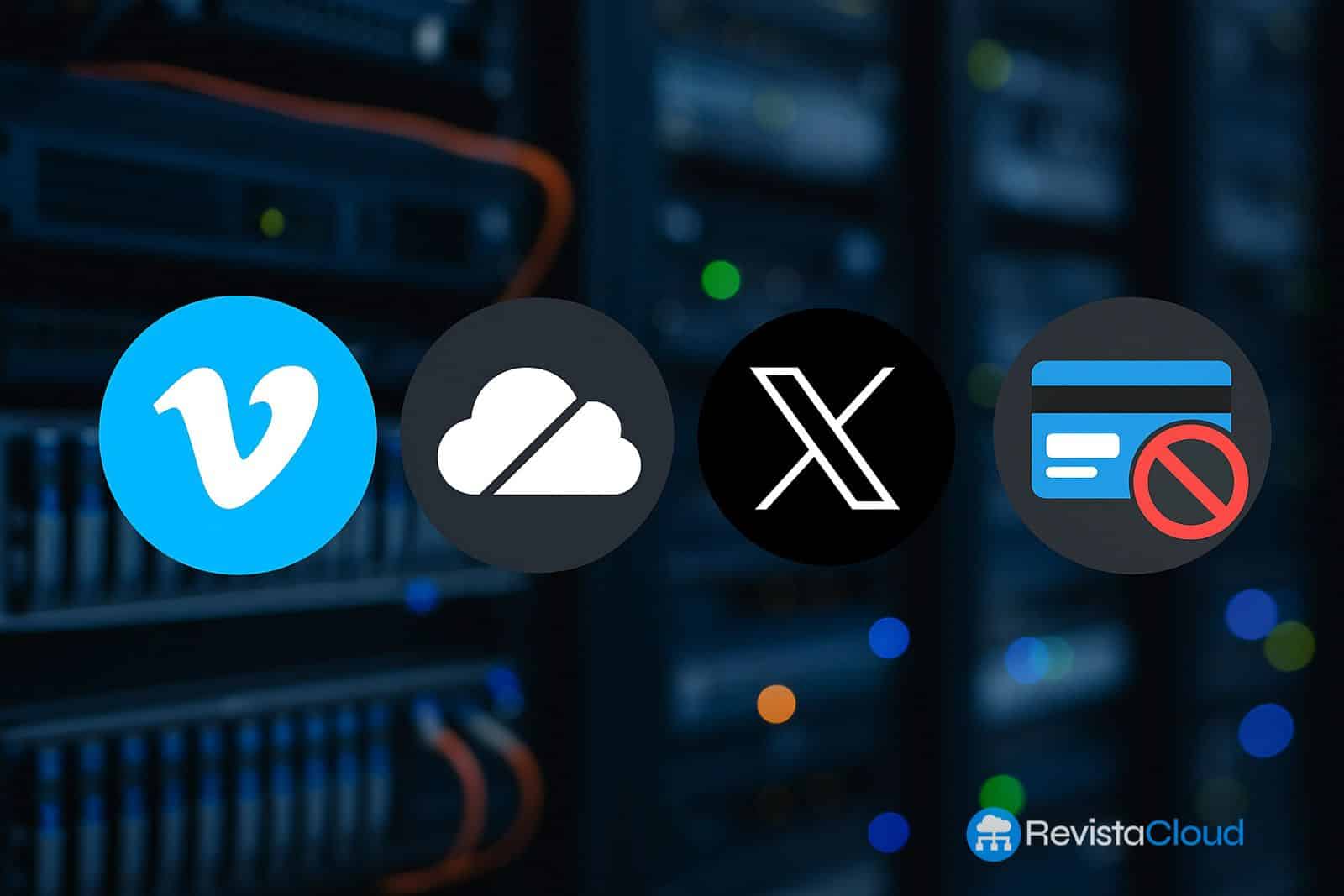Sure! Here’s the translation:
—
The highly anticipated Classic match between F.C. Barcelona and Real Madrid, held during Matchday 35 of LaLiga, has led to one of the most aggressive interventions to date in the Spanish network. Far from merely combating illegal broadcasts of the game, the measures implemented by LaLiga and enforced by operators have had a massive collateral impact on critical digital infrastructures, directly affecting CDN services, payment platforms, and social networks.
Over 15,000 .es domains under interference
System administrator Jaume Pons reported on Saturday that at least 15,432 .es websites were experiencing access issues, in addition to 562 regional domains like .cat, .eus, or .gal. The magnitude of the digital blackout gradually increased throughout Sunday, peaking during the match hours.
This pattern is familiar on high-risk days for LaLiga, where operators activate IP or DNS geoblocking measures to obstruct alleged illegal broadcasts, failing to adequately distinguish between infringing content and legitimate services.
Vercel: Between collaboration and backlash
One of the most controversial cases involves Vercel, a tech company that had signed an agreement with LaLiga as part of its self-proclaimed “anti-piracy ecosystem.” Despite the pact, the platform detected new blocks against its IPs without prior notification. Its CEO, Guillermo Rauch, publicly denounced on X that the established reporting mechanisms were not being utilized.
“Hosting millions of mission-critical sites carries immense responsibility,” Rauch emphasized, noting that unilateral decisions like this can indiscriminately affect startups, government projects, and digital commerce.
Redsys: E-commerce stability at risk
The blocking also impacted the payment gateway Redsys, essential for the operation of most e-commerce sites in Spain. Users of the operator Digi were unable to complete payments through the 3D Secure system, hosted on 3ds.redsys.es, due to its connection with Akamai, another involved party.
Such interruptions, although temporary, call into question the robustness of the Spanish digital ecosystem, especially when measures aimed at protecting sports content end up obstructing daily banking and commercial operations.
Cloudflare, Vimeo, Warp, and X: Collateral damage
The company Cloudflare, known for its refusal to collaborate with LaLiga, was particularly affected: up to 472 of its IPs were blocked, impacting services like the VPN Warp, the social network X (formerly Twitter), and the video platform Vimeo. The inability to activate Warp from networks like Telefónica compounded intermittent connectivity issues with X, whose link shortener t.co became inaccessible for several hours.
It is worth noting that X had recently contracted Cloudflare’s anti-DDoS services following a massive attack attributed to Dark Storm, highlighting the irony of the new “national blockade” it faced for reasons unrelated to cybersecurity.
Towards unprecedented technical censorship?
The events of this day highlight the lack of proportionality and transparency in the current mechanisms for protecting audiovisual rights. Non-sports related sites, such as ForoCoches, also experienced outages from networks like O2 and Movistar, while users pointed to DNS resolution issues related to Redsys.
Neither the CNMC nor other competent authorities have issued statements on the matter, creating a concerning absence of regulatory oversight on practices that directly affect fundamental rights like internet access.
A model of censorship poised for the season’s end
With Matchday 36 of LaLiga scheduled between May 13 and 15, all indications suggest that these measures will be replicated with equal or greater intensity. Experts warn that, without a specific legal framework, these initiatives could consolidate a model of covert technical censorship, executed by operators and tacitly supported by institutions.
The combination of IP blackouts, CDN blocks, interferences in payment services, and failures in social networks paints a worrying scenario for net neutrality in Spain. This is especially true when the collaborative mechanisms that should prevent these collateral effects are ignored or applied arbitrarily.
While the goals of the Classic resonate in stadiums, a much quieter match with systemic consequences is playing out in the Spanish network.
References: BandaAncha and Noticias Redes Sociales

